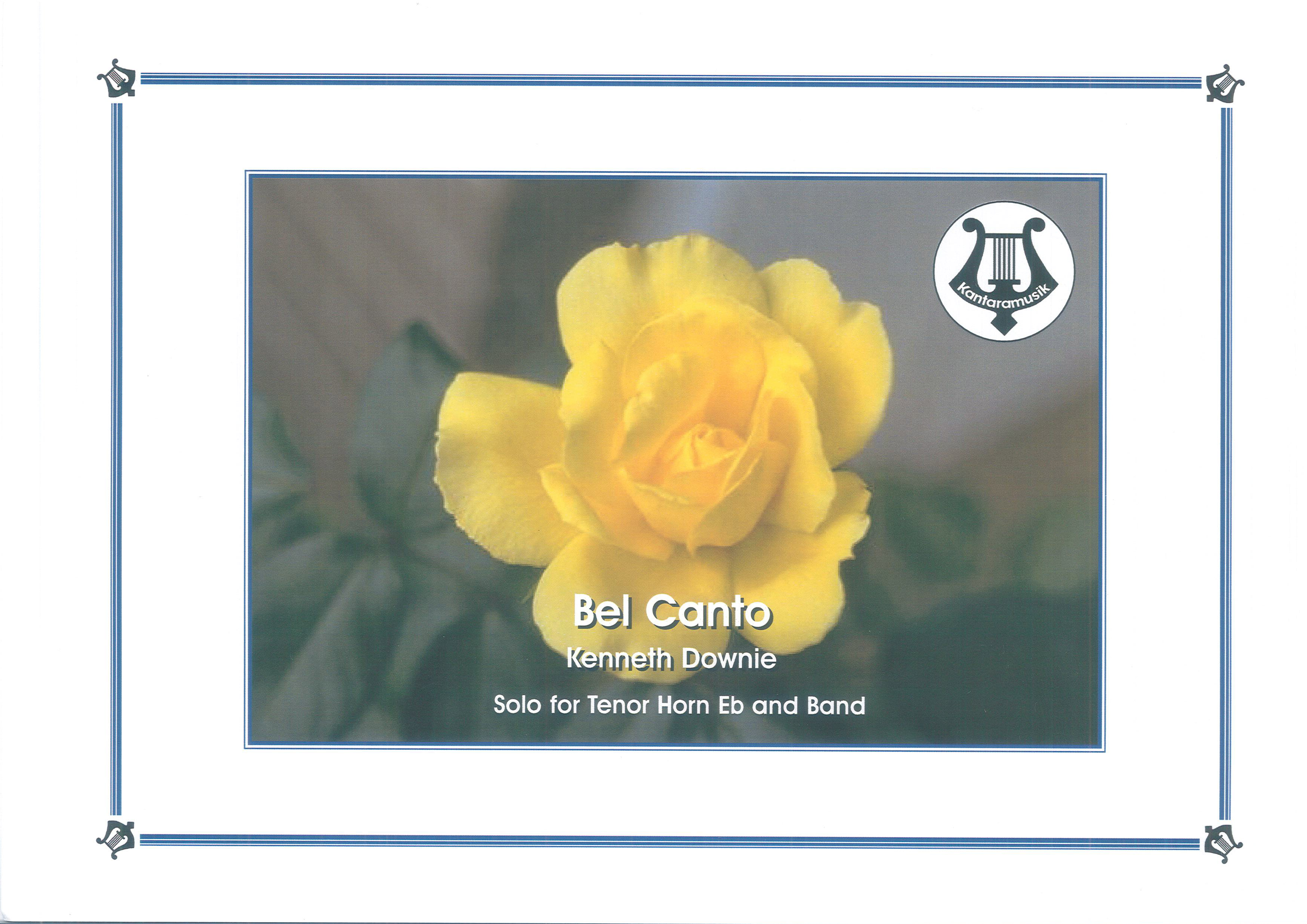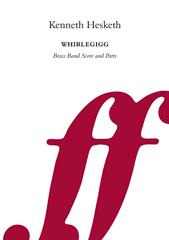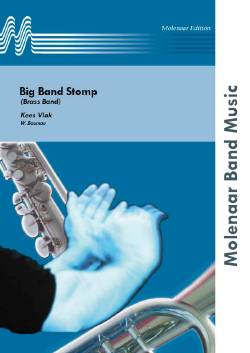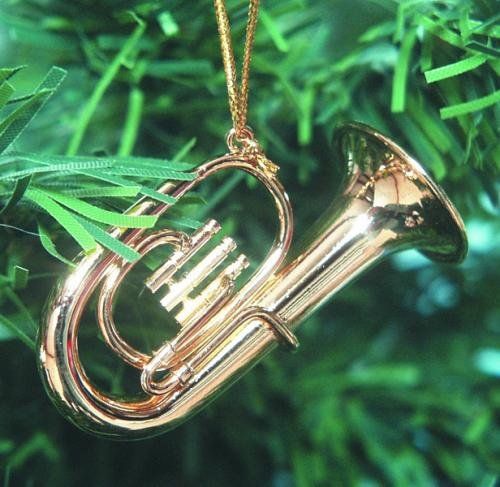Results
-
 £24.95
£24.95Bel Canto (Tenor Horn Solo with Brass Band - Score and Parts)
Bel Canto, a solo for Eb Tenor Horn and band, was written for Sheona White. As the title suggests the music is very song-like and features soaring melodic lines which exploit the middle and upper registers of the tenor horn.
Estimated dispatch 7-14 working days
-
 £44.99
£44.99Whirlegigg (Brass Band - Score and Parts)
Whirlegigg is the middle English word for a contraption that continuously spins. A great fascination with many inventors of the medieval period was to develop a perpetual motion machine constantly turning and giving off energy. This idea is particularly apt for this piece. A simple ternary structure gives ample opportunity for both boisterous and reflective material with gyrating accompaniment figures never far away. The machine almost stops near the end, but finally musters one last burst of excitement and energy to bring the work to its close. Suitable for 1st Section Bands and above. Duration: 5.00
Estimated dispatch 7-14 working days
-
£40.00
Elephant Patrol - Harper, P
A real feel-good concert item to put a smile on your audience's faces. The music is in the style of a patrol, starting quietly in the distance, reaching its peak in the middle and then fading to close and depicts a majestic line of elephants passing by. Featuring the bass section!Check out Cory Band's video3rd section +Duration 4 mins
In Stock: Estimated dispatch 1-3 working days
-
 £29.95
£29.95With His First Breath - Paul Lovatt-Cooper
"With His First Breath" is the lovely slow melody taken from the middle movement of my larger work Breath of Souls. It has been composed for performance by any B-flat soloist within the ensemble - Cornet, Euphonium, Baritone, Flugel or Trombone.
Estimated dispatch 5-7 working days
-
£35.00
Song (from Milestone) - Peter Meechan
Song (from Milestone) is the middle movement of a concerto for cornet, titled Milestone. Commissioned by Mark Wilkinson, with funds provided by the Arts Council England, this song allows the soloist to demonstrate their lyrical skills.
Estimated dispatch 12-14 working days
-
 £57.00
£57.00Big Band Stomp - Kees Vlak/Wim Bouman
Glenn Miller's influence can hardly be denied in this Kees Vlak composition. Mind the drum break in the middle of this most popular work.
Estimated dispatch 10-14 working days
-
£54.99
Step by Step - Ben Christon
You will achieve an impressive effect with this rousing march for beginners. Ben Christon is the composer of this harmonious piece, which includes an important part for percussion in the middle section.
Estimated dispatch 5-14 working days
-
£35.00
Mood Indigo - Ellington, Duke - Harper, P
One of the Duke's most famous songs, this extremely subdued arrangement features a laid-back cornet solo, a whispering flugel solo, and then a big surprise for your audience in the middle. As played by Cory Band at Brass in Concert 2017.3rd section +Duration 3.30 minsListen to Cory Band on BIC 2017Courtesy of World of Brass
In Stock: Estimated dispatch 1-3 working days
-
 £50.00
£50.00Whirlegigg. - Kenneth Hesketh
'Whirlegigg' is the middle English word for a contraption that continuously spins.
Estimated dispatch 5-14 working days
-
 £29.50
£29.50Ding Dong Merrily On High - Darrol Barry
Euphonium players will relish the chance this Christmas to perform one of the nations most loved Christmas carols in a solo skilfully penned by Darrol Barry. Marked 'Giocoso' in style, this jolly arrangement not only allows the soloist the chance to show off their virtuosic capabilities, but the band has plenty to enjoy too. A darker middle movement precedes an exciting finale which will have the audiences cheering. A must have for all euphonium soloists. For Christmas 2020, we have made backing tracks of this title for you to download. These can be used either for personal playback use, or to create a virtual performance of the piece with your full band. To download the backing track, please RIGHT CLICK HERE & Save As .
In Stock: Estimated dispatch 1-3 working days
